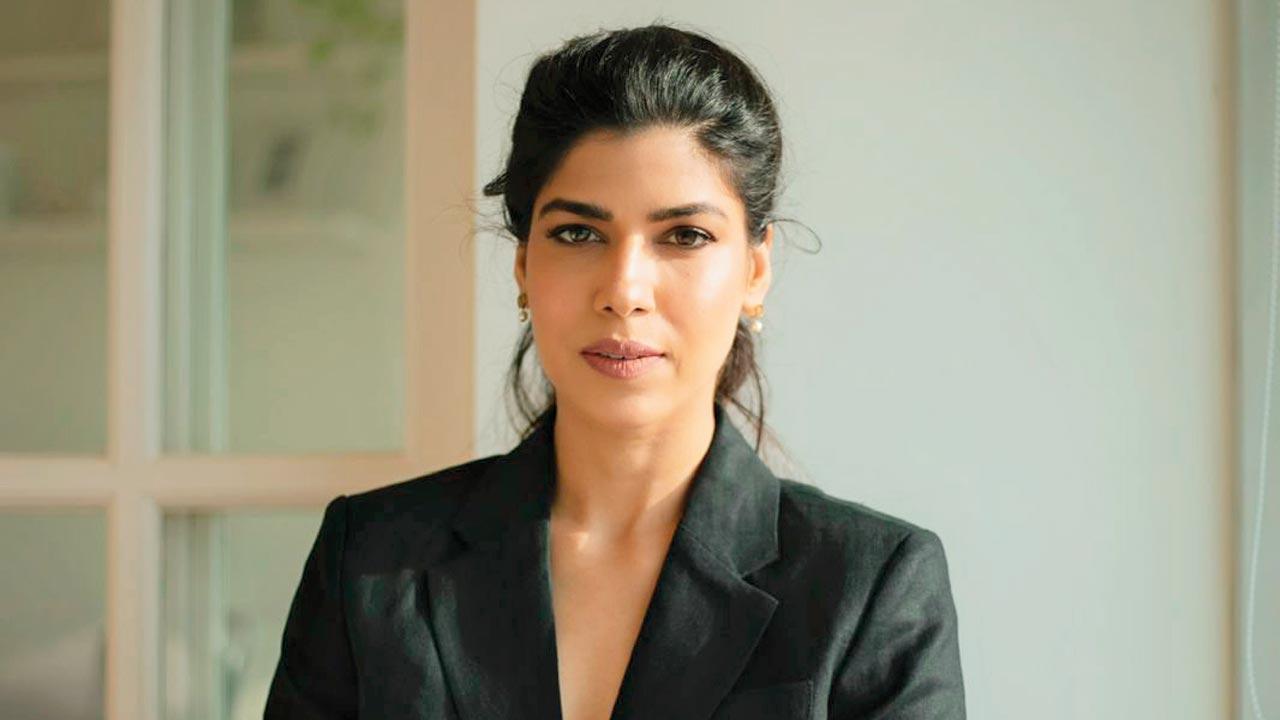Reflecting on her learnings from handling cases for female artistes, music and entertainment lawyer Priyanka Khimani on furthering their rights through the initiative, Women of Music India

Priyanka Khimani
At a recently concluded city event titled Women of Music India, Swarupa Ananth aka Tablanaari, a percussionist and disciple of late artistes Ustad Allarakha and Ustad Zakir Hussain, serenaded a community that came together to bring attention to the plight of women in the industry. An initiative by Priyanka Khimani, a lawyer at the helm of matters relating to music rights in the entertainment industry, the event aimed to advance women’s representation and rights within the Indian music landscape, and promote gender equality and greater opportunities for women.
ADVERTISEMENT
In this interview, Khimani reflects on the cases she has seen to highlight the measures that must be taken to offer a level-playing field for women in music.
Edited excerpts of the interview:
When you analyse the reason behind the lack of representation of women in the music industry, what do you think is the cause?
The issue is two-fold. The first is that there are genuinely few women in decision-making roles. I’m not even talking about the C-suite. Even at [a lower] decision-making level, [calls relating to] who should be signed, and who should serve as collaborators are taken by boys. Boys [join hands] with boys, wanting to [promote] more boys. So, it’s a systemic problem in our music industry. I would have imagined that the young generation [taking on managerial positions] would have looked different, but we still largely see men in these positions. The team behind the scenes—managers, agents, or those putting up gigs—are largely all men. The other part of the problem is that, as an audience, we either want to see our playback singers as deities, or as item girls. That’s contributing to the under-representation of female artistes.
Another overarching part of the problem is that a lot of women, across the board, seem uncomfortable. Senior composers, producers, and engineers often convert one of their bedrooms into a home studio. When they need to record at night, women have no choice but to step into these spaces, where also they’ll find a crew that is predominantly male. After the lack of diversity in the decision-making space, safety is what is completely undermined.
The issues plaguing female actors are fortunately often spoken about. But you’re trying to do that for women in the music industry too. What are the steps that you’re taking to achieve that?
Sometimes, it takes one voice to initiate conversation around why we need to do things differently. Women of Music India [came about] to nudge the right people in the right direction. One of the ways in which I can make a difference is to use that voice. I’m very conscious about the fact that I don’t wish to embarrass organisations or call someone out. Sometimes, it’s simply about letting people see things in a different light. Women don’t do that enough. I use my voice in a lot of different rooms. For instance, if a big international artiste is putting together a concert in India, and the management reaches out for recommendations, I put forth the names of as many male and female artistes as I can.
I’m also wondering if some part of the onus of this falls on the audience. Taking the incident relating to Neha Kakkar that recently occurred, do you believe the audience would have reacted in a similar manner had it been a male artiste?
There is a far lower threshold in any profession for mistakes made by women. [In this incident, people] would be far more forgiving as an audience than [they were] had it been a male artiste. A larger problem exists today. It’s not just about what Neha had to experience in this particular instance. It’s been happening across the board. The event industry has blown up so much that today there are too many promoters, and that has made the system disorganised.
 Subscribe today by clicking the link and stay updated with the latest news!" Click here!
Subscribe today by clicking the link and stay updated with the latest news!" Click here!







